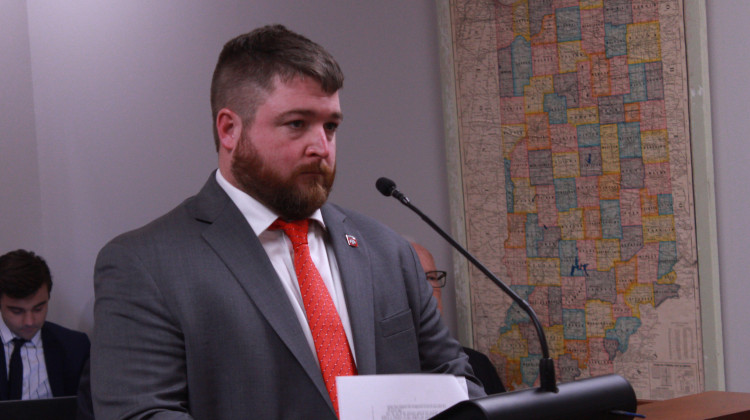Researchers at Purdue University say a new study shows that reducing carbon emissions will also have a positive impact on water quality.
The researchers say their findings underline that policies to reduce carbon emissions will have other unintended benefits.
Purdue researchers explored the potential impacts of policies to reduce carbon emissions using carbon pricing. Carbon pricing is an economic policy that charges polluters based on their emissions.
Thomas Hertel is a distinguished professor of agricultural economics at Purdue. He said carbon pricing reduces nitrogen fertilizers, which are a large contributor to greenhouse gas emissions and also run off into water.
“There is a modest reduction in crop output in the Midwest, but more substantially they cut back on the intensity of use, and that in turn results in less nitrogen running off the field,” he said.
Hertel said the study ultimately shows that policies to reduce carbon emissions will have positive knock-on effects for other kinds of environmental pollution.
“There is a strong mandate to take more action on climate change policy,” he said. “This just shows in addition to all of those, there are other benefits – whether it’s air quality, water quality, there are very significant benefits from adopting a more holistic, aggressive, coherent climate policy.”
 DONATE
DONATE







 Support WFYI. We can't do it without you.
Support WFYI. We can't do it without you.